Tuesday,
Jan 13
Dusseldorf
7°
Wednesday,
Jan 14
Dusseldorf
8°
Thursday,
Jan 15
Dusseldorf
7°
Friday,
Jan 16
Dusseldorf
10°
Saturday,
Jan 17
Dusseldorf
5°
Sunday,
Jan 18
Dusseldorf
4°
MORE IMPORTANT INFORMATION ABOUT YOUR TRAVEL TO Dusseldorf
The Train station is located at the center of Dusseldorf
Düsseldorf (often Dusseldorf in English sources; UK: US: German: [ˈdʏsl̩dɔʁf]; Low Franconian and Ripuarian: Düsseldörp ([ˈdʏsl̩dœɐ̯p]); archaic Dutch: Dusseldorp) is the capital and second-largest city of the most populous German state of North Rhine-Westphalia after Cologne, and the seventh-largest city in Germany, with a population of 617,280. At the confluence of the Rhine and its tributary Düssel, the city lies in the centre of both the Rhine-Ruhr and the Rhineland Metropolitan Regions with the Cologne Bonn Region to its south and the Ruhr to its north. Most of the city lies on the right bank of the Rhine (as opposed to Cologne, whose city centre lies on the river's left bank). The city is the largest in the German Low Franconian dialect area (closely related to Dutch). "Dorf" meaning "village" in German, the "-dorf" suffix (English cognate: thorp) is unusual in the German-speaking area for a settlement of Düsseldorf's size. Mercer's 2012 Quality of Living survey ranked Düsseldorf the sixth most livable city in the world.
Source:
WikipediaADDITIONAL INFORMATION ABOUT Munich
The Train station is located at the center of Munich
Munich ( MEW-nik; German: München [ˈmʏnçn̩]; Austro-Bavarian: Minga [ˈmɪŋ(ː)ɐ]; Slovene: Monakovo; Latin: Monachium; Italian: Monaco di Baviera) is the capital and most populous city of Bavaria, the second most populous German federal state. With a population of around 1.5 million, it is the third-largest city in Germany, after Berlin and Hamburg, and thus the largest which does not constitute its own state, as well as the 11th-largest city in the European Union. The city's metropolitan region is home to 6 million people. Straddling the banks of the River Isar (a tributary of the Danube) north of the Bavarian Alps, it is the seat of the Bavarian administrative region of Upper Bavaria, while being the most densely populated municipality in Germany (4,500 people per km²). Munich is the second-largest city in the Bavarian dialect area, after the Austrian capital of Vienna, Munich was one of the host cities of the official tournament of the 2006 FIFA World Cup. The city is a global centre of art, science, technology, finance, publishing, culture, innovation, education, business, and tourism and enjoys a very high standard and quality of living, reaching first in Germany and third worldwide according to the 2018 Mercer survey, and being rated the world's most liveable city by the Monocle's Quality of Life Survey 2018.
Source:
WikipediaImages of the trains for your trip


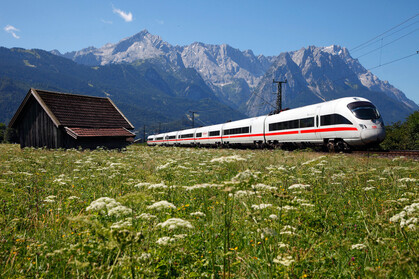

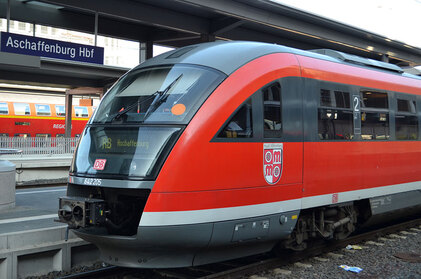







Where Can You Travel With Us?
TAKE A LOOK AT OUR MAP
France
Italy
Netherlands
Luxembourg
Austria
Germany
Belgium
Switzerland
Denmark
Sweden
Norway
Hungary
Czech
Ukraine
China
Active
France, Italy, Netherlands, Luxembourg, Austria, Germany, Belgium, Switzerland, Denmark, Sweden, Norway, Hungary, Czech, Ukraine, China
Upcoming
USA, Canada, Spain, Poland, Japan
Other Train Trips From Munich
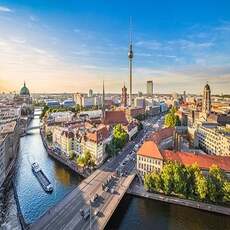
Munich to Forchheim Oberfranken

Munich to Bad Bergzabern

Munich to Furth

Munich to Magdeburg Eichenweiler
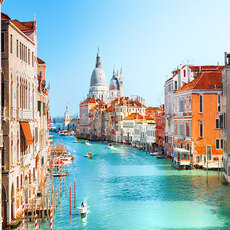
Munich to Berlin Warschauer Strasse
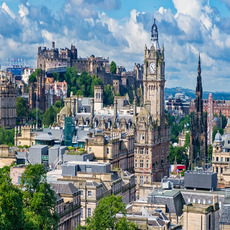
Munich to Furth Unterfurberg

Munich to Herborn Dillkr

Munich to Schliengen

Munich to Marktredwitz

Munich to Friesenheim Baden

Munich to Haldensleben

Munich to Finsterwalde Niederlausitz

Munich to Bischofswerda
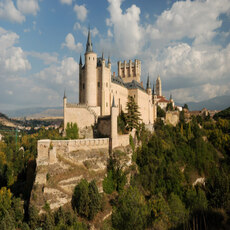
Munich to Millingen Bei Rees

Munich to Dissen Bad Rothen
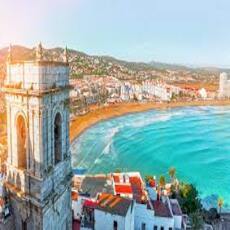
Munich to Schwerte Ruhr

Munich to Ahlhorn

Munich to Rohrbach Saar

Munich to Krefeld Uerdingen

Munich to Krupunder

Munich to Zussow

Munich to Chemnitz

Munich to Waging

Munich to Neumarkt Oberpfalz
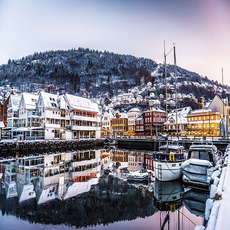
Munich to Krefeld Oppum
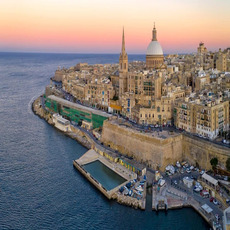
Munich to Waigolshausen
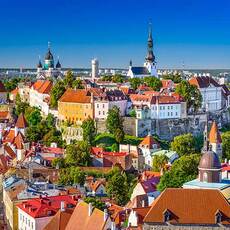
Munich to Marienborn
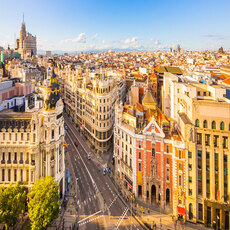
Munich to Bad Oeynhausen
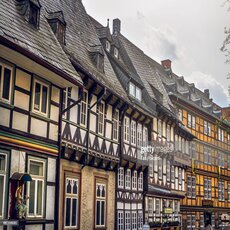
Munich to Osnabruck

Munich to Biblis
WHY YOU SHOULD TRAVEL BY TRAIN?
To travel from Munich To Dusseldorf, trains would be the best travel choice, for several reasons:
1
Eco-Friendly
Trains are the most environmentally-friendly way of transport to the EU Environment Agency. They are powered by electricity, which is renewable and has a low environmental impact.
2
Speed
Travelling by train is in most cases the fastest way to go from Rome to Milan. Trains usually travel at high speeds, making them the fastest way to get from one place to another.
3
Safety
Travelling by train is one of the safest forms of transport. Trains are heavily regulated and monitored, making them safer than other forms of transport.
4
Price
Travelling by train is often cheaper than other forms of transport, such as flying or taking a bus. Trains are often subsidized by the government, making them cheaper than other forms of transport.
5
Luggage
Travelling by train is a great way to transport luggage. Trains usually have plenty of space for luggage and they are usually safe and secure.
6
Luggage
Travelling by train is often faster than other forms of transport, such as driving or taking a bus. Trains usually travel at high speeds, making them the fastest way to get from one place to another.
7
Comfortability
Travelling by train is usually very comfortable. Trains usually have comfortable seating and plenty of legroom, making them a great way to travel.
8
Comfortability
Travelling by train is a great way to get some sleep. Trains usually have comfortable seats and plenty of legroom, making them a great way to get some rest while travelling.
9
WIFI
This is not necessarily the most important when you travel since we prefer to tell you to enjoy your travel without your phones, but on trains, you can find WIFI onboard, so you remain connected to the internet if you choose to.
THESE ARE THE TRAIN OPERATORS WE WORK WITH




















